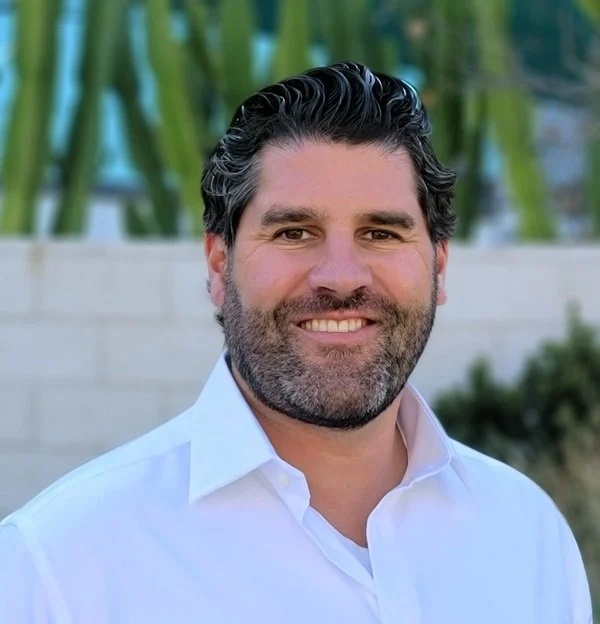
CO₂ Incubator Leasing for Labs
Lease the CO₂ incubator that fits your workflow. Support healthy cell growth—without tying up your budget.
What Is a CO₂ Incubator?
A CO₂ incubator maintains stable temperature, humidity, and carbon dioxide levels to support the growth of mammalian cells, tissues, and embryos. It’s essential in cell biology, stem cell research, vaccine development, and biomanufacturing. These systems create sterile, precisely regulated environments critical to culture viability and reproducibility.
Why Lease a CO₂ Incubator?
From academic labs to biopharma production, CO₂ incubators are vital for maintaining healthy cell cultures. But systems with active humidity control, HEPA filtration, contamination prevention, and precise gas regulation can be costly upfront.
Leasing provides a more flexible, budget-friendly path to securing this essential equipment. Whether you're expanding a tissue culture lab or launching a new therapeutic program, Excedr helps you acquire the right incubator—without delaying critical research.
Where Leasing a CO₂ Incubator Adds Value
CO₂ incubators are critical for maintaining stable environments in cell culture, tissue engineering, and bioproduction. But advanced models with hypoxia control, stacking capability, or GMP features can carry high upfront costs.
Leasing can be a smart choice when:
- You’re scaling culture or biomanufacturing workflows—Add incubators without capital delays.
- You need hypoxia, GMP readiness, or stackable designs—Lease systems built for your conditions.
- You want to preserve budget for assays or staffing—Stay research-ready without overspending.
Whether upgrading or expanding, leasing a CO₂ incubator offers flexibility, control, and room to grow.
Why Teams Lease with Excedr

Founder-friendly, non-dilutive capital
Ideal for early-stage or venture-backed teams—and a smart option for any lab looking to preserve equity while scaling.
Flexibility on equipment choice
Choose the equipment that fits your workflow—without being limited by someone else’s inventory.
Lease terms aligned with your growth
2–5 year terms that support your budget, equipment lifecycle, and scaling timeline.
No collateral or covenants required
Skip the restrictions of traditional loans—no IP pledges, collateral, or debt covenants needed.
White-glove procurement & support
Equipment sourcing, vendor coordination, and lease logistics are streamlined to reduce your team’s internal workload.
Fast, reliable equipment support
When equipment issues come up, we resolve them quickly—so you stay productive and hit key milestones.
Leasing Solutions We Provide

Operating Leases
Treat lease payments as operating expenses, not debt. This simplifies accounting and preserves flexibility.

Sale Lease-Backs
Convert owned equipment into working capital. Keep it off your balance sheet and treat payments as operating expenses.
Popular Incubator Manufacturers
















































Straightforward Application Process

Tell Us What You Need
Already have a quote or PO? Just let us know the equipment you want to lease—we’ll take it from there.

Get Approved Quickly
Our in-house underwriting team reviews your financials fast—no outsourcing, no red tape—so you get a decision in days, not weeks.

We Handle the Rest
We handle the logistics and coordinate with the vendor so you can get to work—no upfront capital required.
Helping Scientists Scale & Succeed
Frequently Asked Questions
Lease Your Next CO₂ Incubator & Support Reliable Cell Culture
Don’t let upfront costs hold back your research or production timelines. Our leasing program gives you fast, flexible access to the incubation systems your lab depends on.












